Lolade Adewuyi, formerly of TELL Magazine and Goal.com last Friday, June 23 bagged a Masters degree in Sports Administration from the Russian International Olympic University. In this online interview, Adewuyi speaks on his experience at the programme and what traditional journalists need to know and do to avoid becoming relic in the new media work environment.
Congratulations on your graduation for your Master’s programme? What was the experience like after years of working full time as a journalist?
I have worked as a full time journalist for 11 years and as a sports journalist for the last six. I came to a point last year during the month of my 10th year as a journalist when I began thinking about the next decade of my life and work. I felt a strong, deep thought tell me I needed something extra for this next phase, a new education or major retraining in order to remain relevant in a fast-paced and changing global media environment.
I also wanted to expand my horizons beyond journalism into management so when I saw an announcement of the Russian International Olympic University’s admission process for the Master of Sport Administration via an AIPS newsletter, I knew it was the opportunity I had been waiting for. I am happy that I was accepted and given funding from the Vladimir Potanin Foundation that covered my tuition, accommodation and monthly stipend.
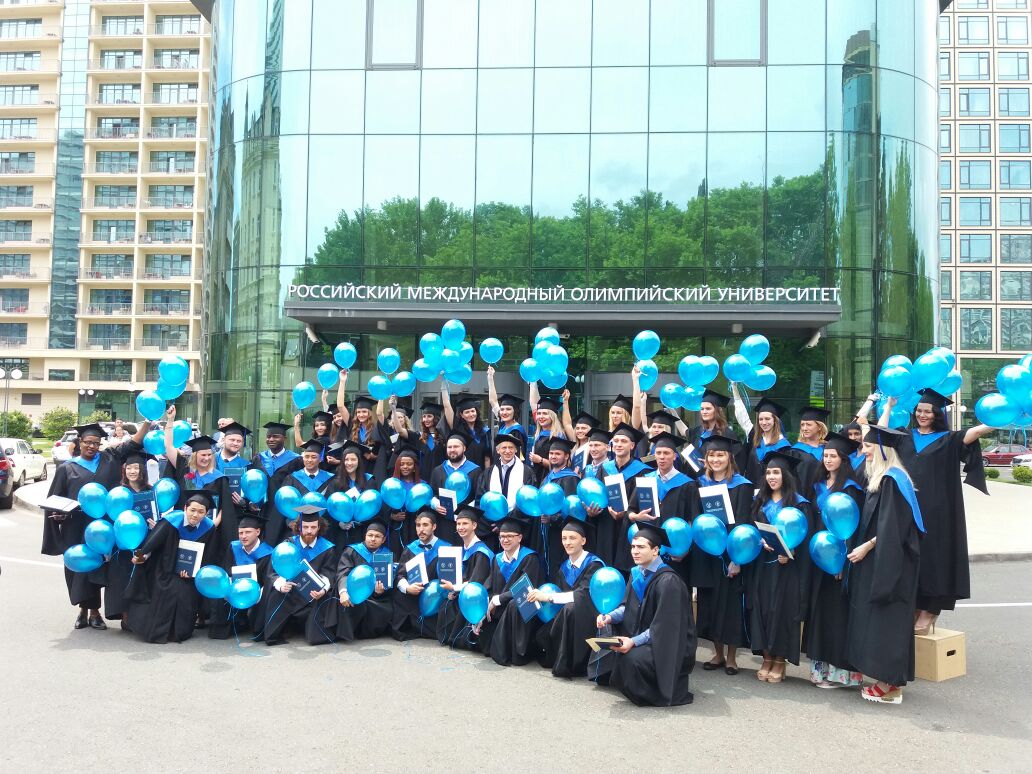
You had to resign your job to go for the course, why did you take the decision which many colleagues will be reluctant to take considering the job situation in the media industry?
I had been chief editor of Goal.com Nigeria since it was launched in February 2012 and I oversaw its growth and influence. Having started my career from print and magazine before moving into online media, I have adapted easily. But like I said previously, I felt a strong urge to prepare myself for the next decade of my working life so I took the plunge and let go, knowing I had trained my successor well and that the company would not miss me. I also got support from my family who understood the decision on a long-term rather than for the moment when I would be without the prestigious role I held.
What informed your choice of the course you went for?
I see a lot of young people coming into the sport media industry with amazing knowledge and enthusiasm and they floor the old-timers with their writing and analysis because they have been exposed to football very early through TV and e-sports. These young bloggers are changing the game and as a journalist, I realised that with time one might become a relic and unable to hold a job in the new media environment if you don’t find a niche.
The RIOU MSA, which was ranked the second most prestigious sport post-graduate course in Europe this month by Sport Business magazine, has enabled me to see sport from beyond a reportorial perspective to broader management so I can work in many fields in sport and outside of it. I also see the gap in Nigerian sport and hope I can contribute towards making it better.
What are your memorable experiences on the course and how will they impact on your career henceforth?
I had a diverse class with 14 different nationalities, each person with diverse strengths. But we worked together in groups and made weekly presentations in a way that prepared us for practical work in industry. It was tough but we became mentally stronger as we all tapped into our innate creativity and strengths.
Personally, outside of classroom work and the opportunity to attend major sport events that took place in Sochi like the Formula 1 where I met Lewis Hamilton, it was the opportunity to meet and speak to many Russian teenagers at different schools and to receive feedback afterwards that some of them would like to become a sport journalist too. That opportunity to inspire young people to something higher was a high point.
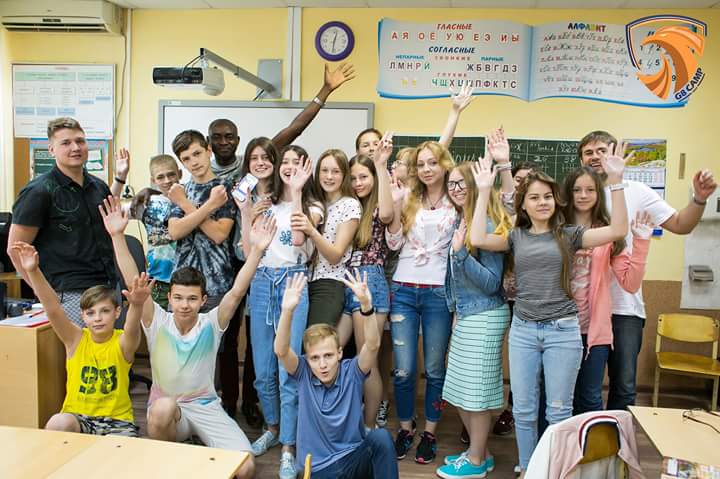
How were you able to fund the course and what is your advice to journalists planning to go abroad for higher studies?
I am indebted to Mr Vladimir Potanin whose charitable foundation made it possible to attend such an elite course despite the huge cost. There are many funded courses all over the world that journalists could apply to. However, sports journalists don’t have that luxury and it is one of the reasons I am very happy to have been a part of the RIOU MSA. Unfortunately, many of the Nigerian sports journalists I sent the announcement of new admission to did not show interest. There is nothing that beats developing oneself in the field. The knowledge you gain would make you indispensable to employers and also enable you to create your own projects.
What next for you after this course?
I return home to be with my family after a long while. During the course I was hired by The Guardian as a bi-monthly contributor. I am also taking up a columnist role on Goal Africa where I would write about sport business and politics across the continent. I intend to use my free time to work on my media consulting and training company which never saw the light of day due to my full time work. There is a lot of opportunity to grow Nigerian sport and I will be exploring these with Camps Bay Media Limited.
What are the opportunities for journalists, especially sports journalists in the new media?
There are several new fields of engagement for journalists who are looking to new media. Clubs are hiring social media managers to handle their online work. Sport social videos are growing too and journalists just need to upgrade their skills to fit into the new environment. It is not enough to be able to analyse a football match or basketball game, how you present your stories and on what platform are as important as what you say. Sport organisations need to have social media strategy so journalists could find their feet in these places.
*Adewuyi’s updated personal website
Any other thing you think should interest journalists who are the main readers of this website?
I would say improve your skills, upgrade them, attend a new course and keep learning. Also realise that your journalism skills are not limited to the newsroom. Your communication skills are needed in several organisations so do not limit yourself to the media. Go out there and explore new opportunities.

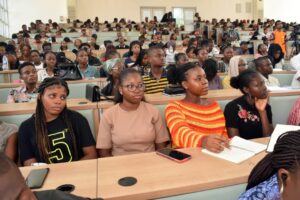
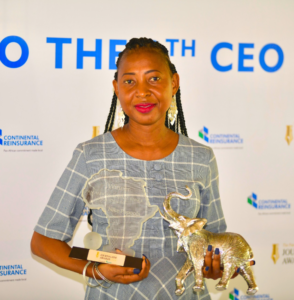

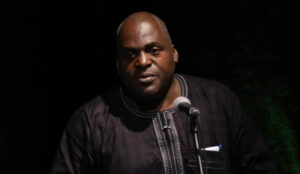

Brain Mind
I am always happy with and motivated by people like Mr. Lolade Adwuyi, who foresee the future and prepare for it. Greater you boss.